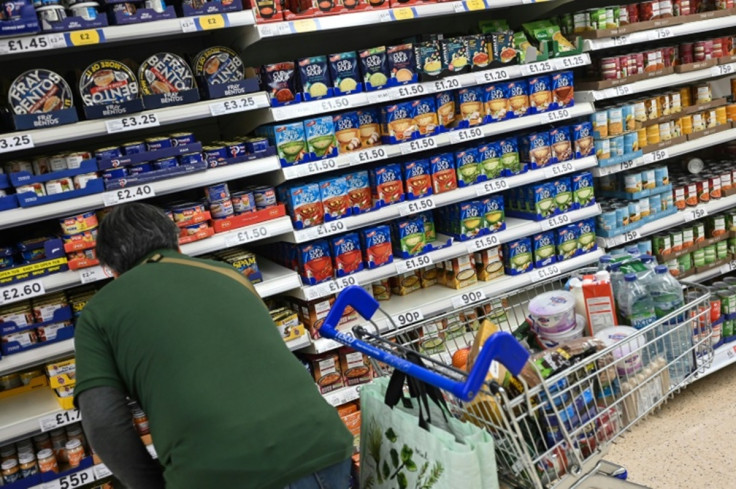North Yorkshire Supermarket Vouchers: DWP Extends £190 Support As Labour Vows To 'Fix The Economy'
The vouchers aim to help low-income families with food and energy costs ahead of winter

As the cost of living continues to squeeze household budgets, thousands of North Yorkshire residents are set to receive new financial help through supermarket vouchers worth £190. The payments form part of the Department for Work and Pensions' (DWP) Household Support Fund, designed to provide emergency assistance for food and energy costs.
The scheme offers one-off electronic vouchers that can be redeemed at major supermarkets, aiming to reach those most at risk of financial hardship. Officials say the support should ease pressure on families ahead of winter, although local leaders acknowledge demand continues to rise.
The announcement has drawn political attention, with Labour promising to 'fix the economy' and criticising what it calls short-term relief rather than long-term reform. The voucher scheme has become a focal point in the national debate over how government should respond to inflation and widening inequality.
How the Voucher Scheme Works
Under the latest phase, eligible households in North Yorkshire will receive a £190 e-voucher to spend on food and essentials. According to North Yorkshire Council, the vouchers are being issued automatically using existing benefit data, meaning residents do not need to apply.
Eligibility is limited to households receiving at least a 75 per cent council tax discount under the Means-Tested Council Tax Reduction Scheme as of 1 September 2025. Those who receive only the smaller 25 per cent single-person discount will not qualify. Letters explaining how to claim will be sent by 23 October, and residents must select their preferred supermarket and redeem their voucher by 12 November.
Vouchers can be used at major grocery chains including Aldi, Asda, Farmfoods, Iceland, Marks & Spencer, Morrisons, Sainsbury's, Tesco and Waitrose. While the Household Support Fund operates nationwide, local councils decide how to deliver payments and set eligibility thresholds, meaning schemes vary by region.
Political Response and Reaction
The Labour Party has criticised the decision to extend or introduce voucher payments as evidence that the Government is failing to respond effectively to the cost-of-living crisis, according to ITN. Party figures argue that one-off payments offer temporary relief but do not address deeper structural economic challenges. In its public messaging, Labour has pledged to tackle inflation, boost growth, and restore public services.
Meanwhile, some commentators have questioned the £190 voucher's sufficiency amid rising household costs. Limiting eligibility to those already receiving the highest level of council tax support has also prompted concern that many low-income households will be excluded.
You've seriously cut the Household Support Fund which is money allocated for that specific purpose? Or is it the actual CRISIS grant budget? Denying the most needy urgent support?
— TallyCat 🇬🇧🌹 (@TallyCat8) October 7, 2025
Wow. That's low. Really low.
This council is disgusting, jacking up council tax on the unemployed from £10 to approx £50 making this household support fund pointless as well as badly distributed.
— That day will come...Until Victory! (@AfrikaHot) September 30, 2025
Our food bank numbers have doubled in 6 months with a waiting list where there was none.
Direct correlation. https://t.co/VhYWvcqJ3W
Instead of giving out handouts it would be better for everyone if prices where lower..
— john summerson (@john_summerson) October 9, 2025
Wider Implications
Supporters of the initiative say it targets those most in need and provides help quickly through electronic distribution. Government officials argue the scheme demonstrates compassion while maintaining fiscal responsibility.
Local differences in how the Household Support Fund is managed have raised questions about fairness, with some councils able to offer more generous schemes than others. For many families, the £190 voucher may cover only a few weeks of extra spending as food prices continue to rise.
For ministers, the task is to balance fiscal restraint with genuine support for those in need. For Labour, the test is to turn its economic message into practical policy. The supermarket voucher scheme provides short-term relief for households in North Yorkshire but also highlights a wider national challenge on how to move from emergency assistance towards lasting economic security.
© Copyright IBTimes 2025. All rights reserved.





















